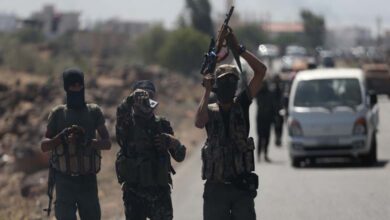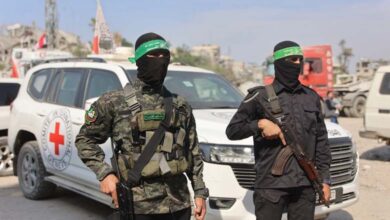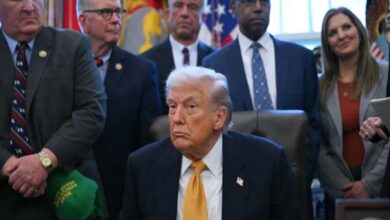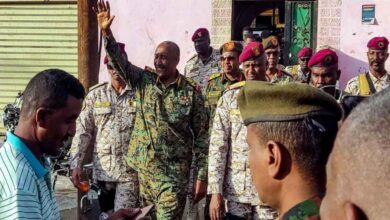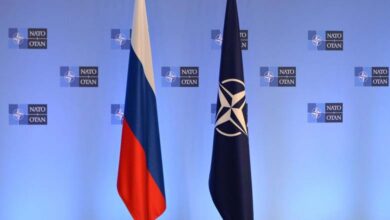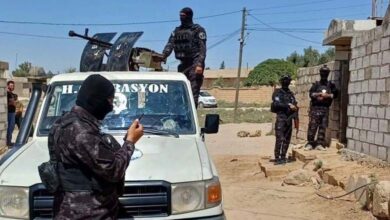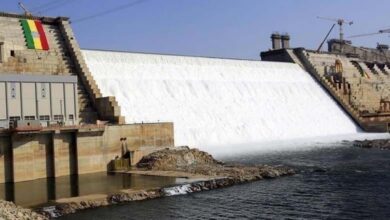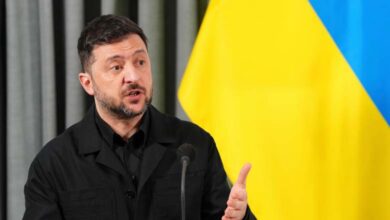Sudanese Islamist leader reveals the role of the Brotherhood in igniting the war
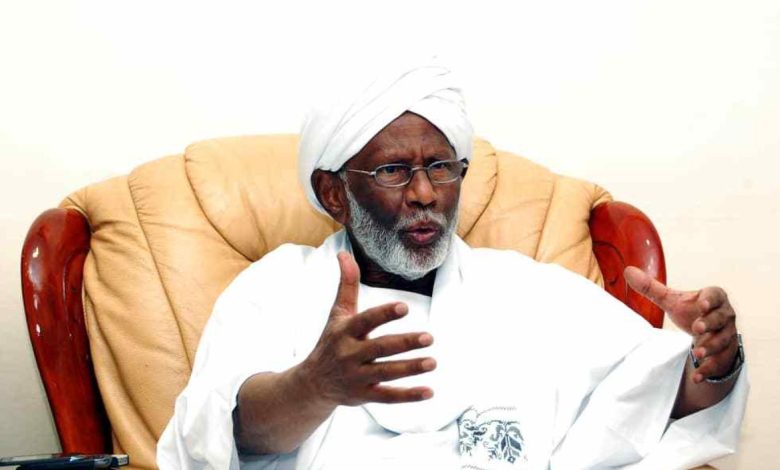
The Sudanese Rapid Support Forces broadcast on Tuesday the confessions of the president of the Islamic State of Law Party, Mohamed Ali Al-Jazouli, who was arrested a few days ago among a number of party leaders for his role in fueling the war in Sudan to thwart the framework agreement, by inciting the army. This confirms the accusations made by the support forces on the involvement of the remnants of the former regime and hard-line Islamist groups in plunging the country into a dark tunnel through the launching of attacks on their bases last April 15, as part of the coup d’etat.
Al-Jazouli said he was a member of ISIS and was loyal to former ISIS leader Abou Bakr al-Baghdadi, who was killed in US bombing in Syria years ago.
He stressed that the Islamist movement has sought to thwart the framework agreement since it was signed on December 15th because of the danger it poses to their interests. Army chief Abdul Fattah Al-Burhan was mediated by Major General Hassan Al-Bilal to do what is necessary to overthrow the agreement, which seeks to form a civil state.
Al-Jazouli talked about the role of Sheikh Ali Karti, an Islamic leader in Sudan and the secretary general of the Islamic Movement, in inflaming the situation. “Karti said that describing the proof of the Rapid Support Forces as rebel forces is the beginning of ending the framework agreement, and that this opportunity must be used,” he said.
He said that the Islamic battalions led by Islamist Anas Omar and instigated by Islamist Osama Abdullah as well as Ali Karti backed by the army started the attack on the Rapid Support Sites in Sport City on April 15th.
He stressed that the attack on the Rapid Support Forces started at 6:30, which led to the end of the framework agreement, calling for an end to sedition so that Sudan does not descend into a war similar to what happened in Yemen, Syria and Libya.
These confessions reveal that the RSF was right to accuse the army and its commander, Al-Burhan, of allying with Islamists and remnants of the former regime in order to bring them back to the forefront in conflict with the demands of the Sudanese people.
The leaders of the former regime opposed the framework agreement and waved blood and weapons to bring it down through the military institution. Before the outbreak of clashes, Mohamed Tahir Ayala, the last prime minister under Al-Bashir, pledged to offer “martyr after martyr” to defend the land of Sudan and its religion.”
The Brotherhood in Sudan sought to use the scorched earth policy to aggravate the situation in the country by inciting tribes against the Rapid Support Forces, as well as exploiting their uniforms to attack houses of worship, cause tribal and sectarian rift in the country, and attack diplomatic missions and foreign headquarters to foil any attempt to calm the atmosphere and find consensuses that would end the war.
It is believed that the dominance of the Brotherhood wing in the army and their contacts with the remnants of Al-Bashir are behind attempts to block any settlement to the conflict, with sources speaking of some violations despite the entry into force of the ceasefire sponsored by Saudi Arabia and the United States on Monday night.
The Rapid Support Forces have repeatedly accused the Sudanese army leaders of igniting the war as a cover to free former regime leaders from prison and bring them back to the scene.


